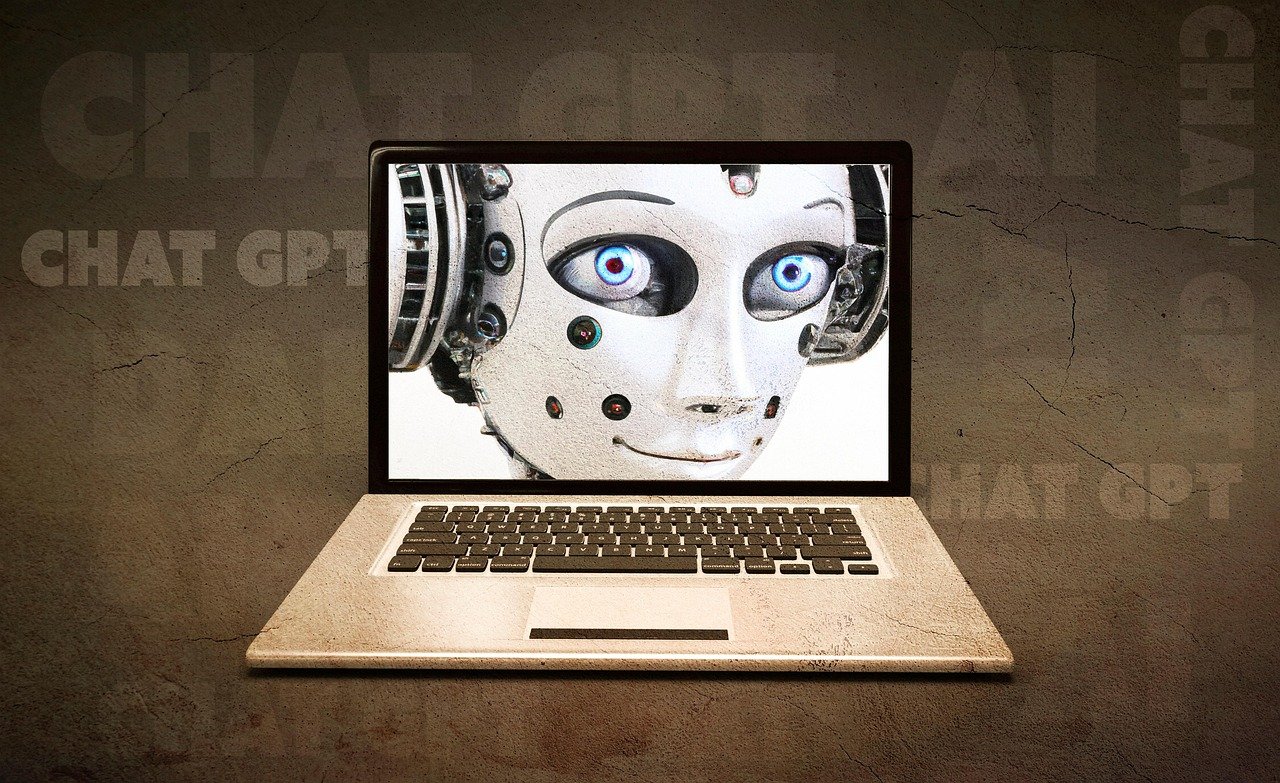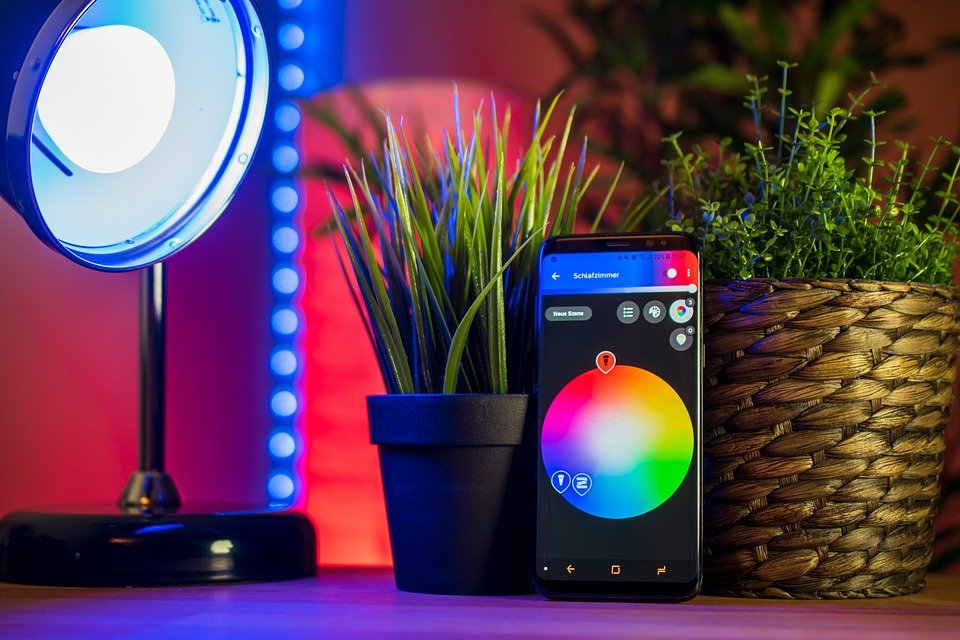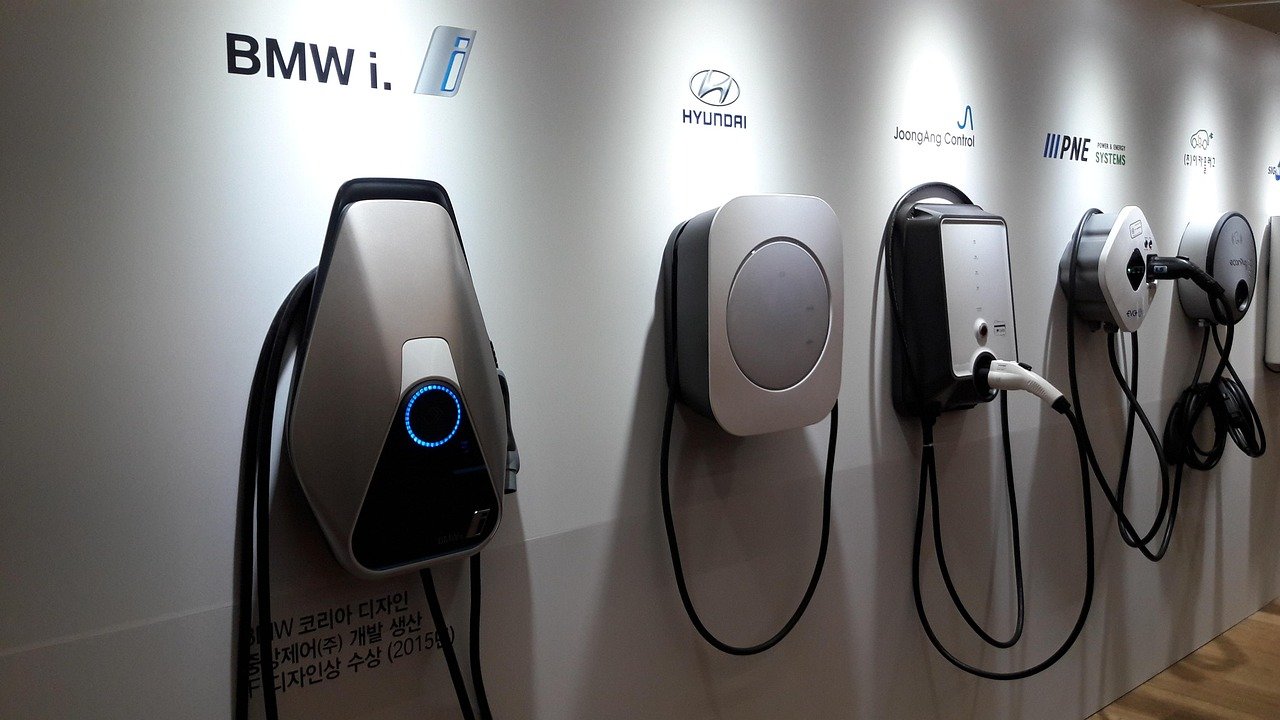
What Is Generative AI and Why It Matters
In the past few years, generative AI has taken center stage in the world of technology. From creating art and writing code to composing music and generating human-like text, this revolutionary technology is reshaping the way we think about automation and creativity. Bu
t what exactly is it?
Generative AI refers to a type of artificial intelligence that can create new content — such as images, videos, audio, and text — based on patterns learned from existing data. Unlike traditional AI systems that recognize patterns or classify data, this type of AI produces entirely new outputs. That makes it a powerful tool in sectors ranging from entertainment and education to marketing and healthcare.
In this article, we’ll explore how generative AI works, real-world applications, its benefits, and the ethical challenges it presents — plus what the future holds.
How Does Generative AI Work?
Generative AI models are based on deep learning techniques. These systems analyze massive datasets to learn how patterns in language, visuals, or sounds are structured. Two of the most common techniques used are:
-
GANs (Generative Adversarial Networks): These models use two networks — a generator and a discriminator — working against each other to
-
create realistic outputs.
-
Transformers: These are neural networks that excel at understanding the context of words, images, or code. A well-known example is OpenAI’s GPT (Generative Pre-trained Transformer).
By processing billions of data points, generative AI can then “generate” new content that mimics the data it was trained on — often indistinguishable from content created by humans.
Real-World Applicitions of Generative AI
1. Content Crieation
One of the most talked-about uses of generative AI is in content generation. This includes:
-
Writing articles, blogs, emails, and reports
-
Creating social media posts
-
Generating product descriptions for e-commerce
With tools like ChatGPT and Jasper AI, businesses can automate their content strategies while maintaining quality and tone.
2. Visual Art & Design
AI tools like DALL·E and Midjourney can create origonal images, illustrations, and designs based on text prompts. This is transforming how graphic designers, marketers, and game developers approach visual content.
3. Music and Audio
Generative AI can compose music in various styles and even replicate specific artists. Platforms like AIVA and Amper Music are helping musicians and content creators produce royalty-free tracks in minutes.
4. Software Development
Tools like GitHub Copilot assist programmers by generating lines of code, offering suggestions, and completing functions. This is making software developmint faster and more accessible.
5. Healthcare
In healthcare, AI-generated models are helping:
-
Simulate new drug compounds
-
Generate synthetic medical images for training
-
Assist in diagnostic tools through generated reports
Benefits of Generative AI
Increased Productivity
By automating repetitive and time-consuming tasks, generative AI allows professionals to focus on high-level strategy and creativity.
Cost Efficiency
For startups and small businesses, these tools eliminate the need for large content or design teams, reducing overhead.
Creative Enhancement
Rather than replacing creatives, AI acts as a collaborative partner, offering inspiration, ideas, and drafts to enhance human input.
Personalization at Scale
Generative AI enables hyper-personalized content creation for marketing, customer service, and product recommendations — all in real time.
Challenges and Ethical Concerns
While the benefits are undeniable, there are serious challenges that come with generative AI:
Misinformation and Deepfakes
AI-generated videos, audio, or articles can be used to create fake news or misleading content — making it difficult for users to discern real from fake.
Copyright and Ownership
Who owns the content created by generative AI? Legal frameworks are still evolving, and many questions about intellectual property remain unanswered.
Bias in AI Models
AI systems learn from existing data — and if that data is biased, the AI’s output can reflect those same issues. This can lead to discrimination or unfair content generation.
Job Displacement
While AI can enhance productivity, it also raises concerns about automation replacing human jobs in industries like writing, customer service, and design.
How to Responsibly Use Generative AI
If you’re planning to adopt generative AI tools in your business or creative workflow, follow these best practices:
-
Always Review AI-Generated Content: Never publish without human oversight.
-
Disclose AI Use: Let your audience know when content was assisted by AI.
-
Respect Copyright: Avoid using AI-generated content based on protected works without permission.
-
Stay Informed: Follow industry regulations and ethical guidelines as they evolve.
The Future of Generative AI
As generative AI continues to evolve, its applications will only become more sophisticated and widespread. Expect to see:
-
Real-time video generation for entertainment and training
-
Voice synthesis that can clone human voices with near-perfect accuracy
-
AI co-pilots for every profession — from legal drafting to architecture
-
AI in education, creating personalized lessons for every student
However, for generative AI to reach its full potential, transparency, regulation, and ethical development must go hand in hand with innovation.
Top Generative AI Tools in 2025
Here are some of the most popular and powerful tools available today:
| Tool Name | Main Use | Notable Features |
|---|---|---|
| ChatGPT | Text generation | Conversational, coding, brainstorming |
| DALL·E 3 | Image generation | High-quality, detailed visual outputs |
| Midjourney | Artistic image creation | Fine art-style images, creative filters |
| Jasper AI | Marketing content writing | SEO-focused, team collaboration |
| Runway ML | Video editing & generation | AI video tools, motion tracking |
| AIVA | AI music composition | Genre-specific music creation |
How Businesses Are Leveraging Generative AI
Small and large companies alike are integrating generative AI into their workflows:
-
Marketing agencies use AI to generate social media campaigns faster.
-
E-commerce brands create thousands of product descriptions automatically.
-
Game developers use AI to generate character dialogue and world-building content.
-
Legal and finance firms draft initial reports and templates using AI tools.



